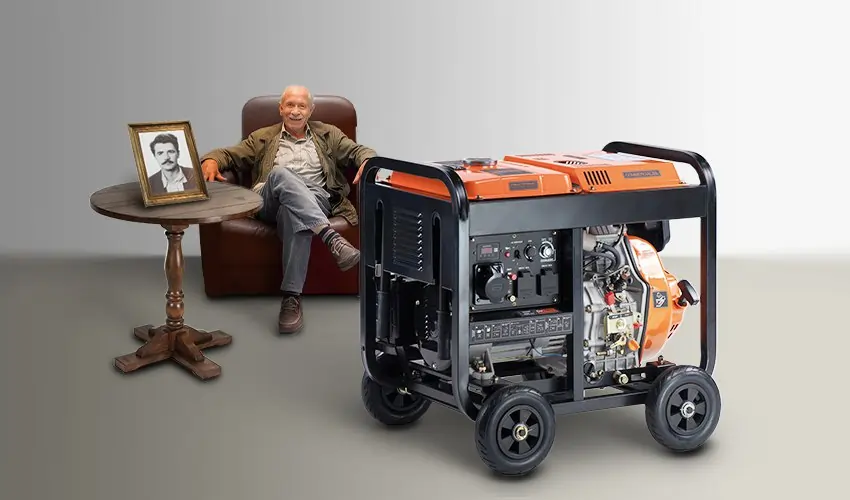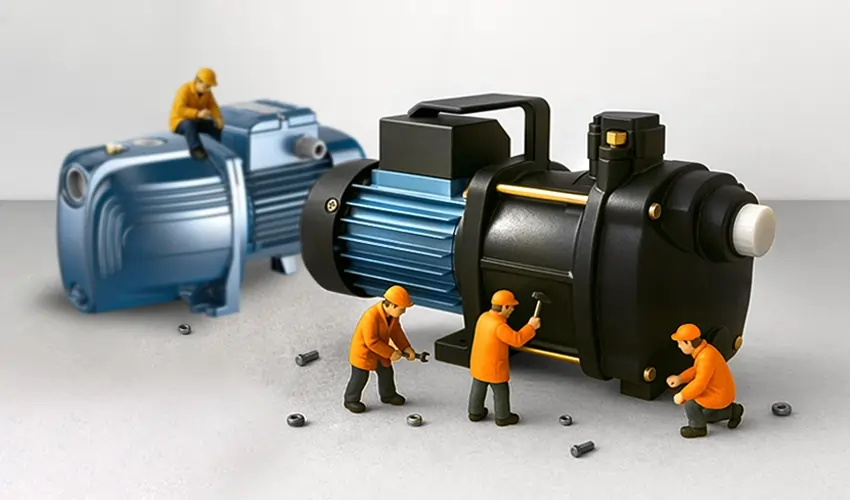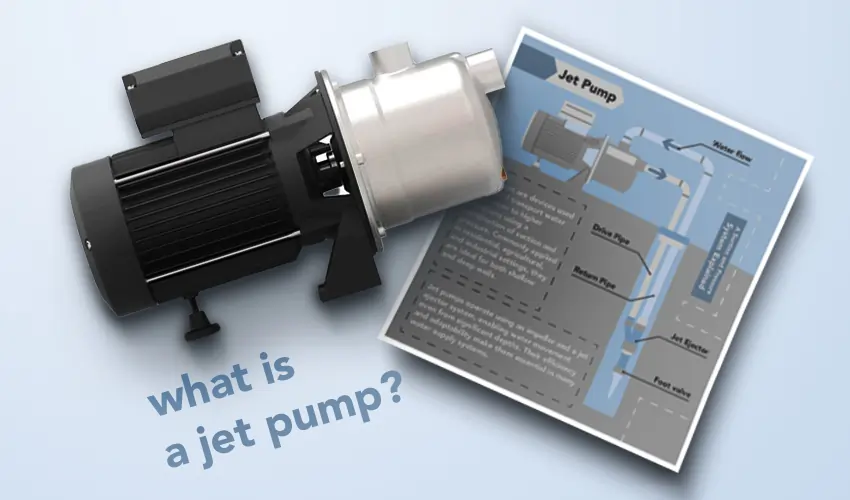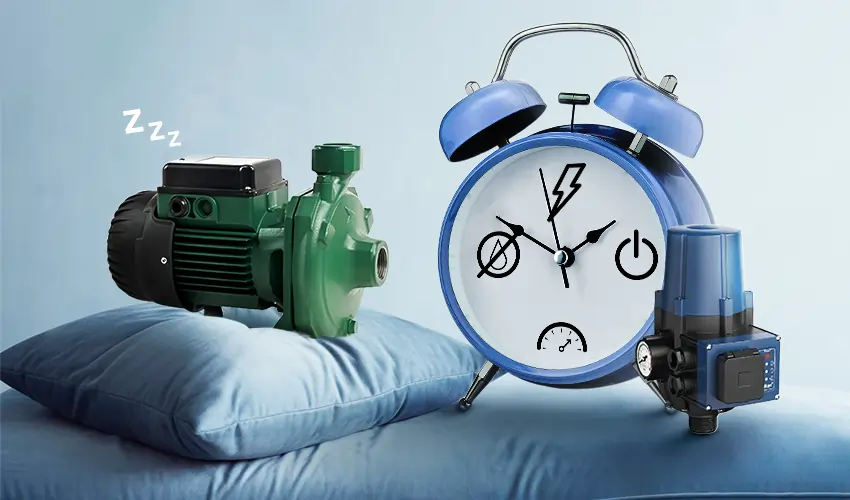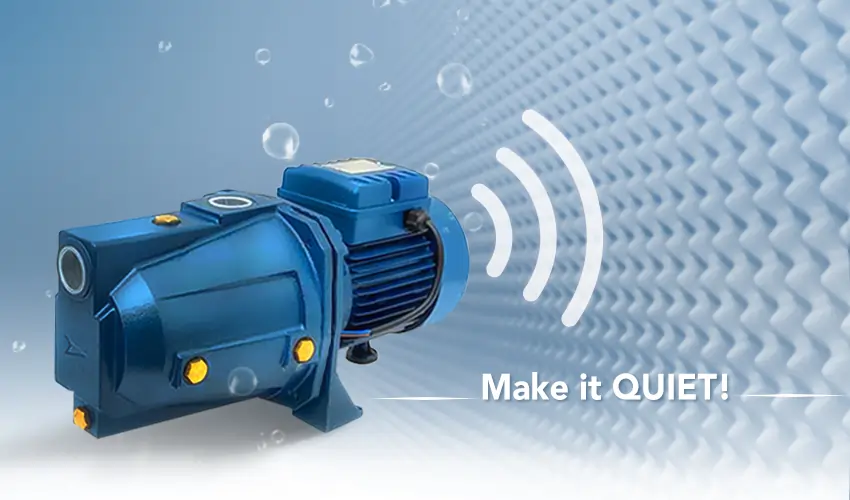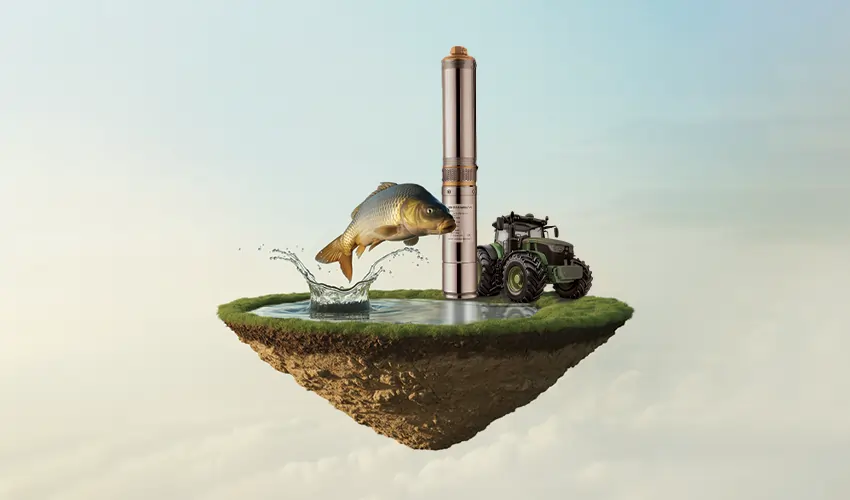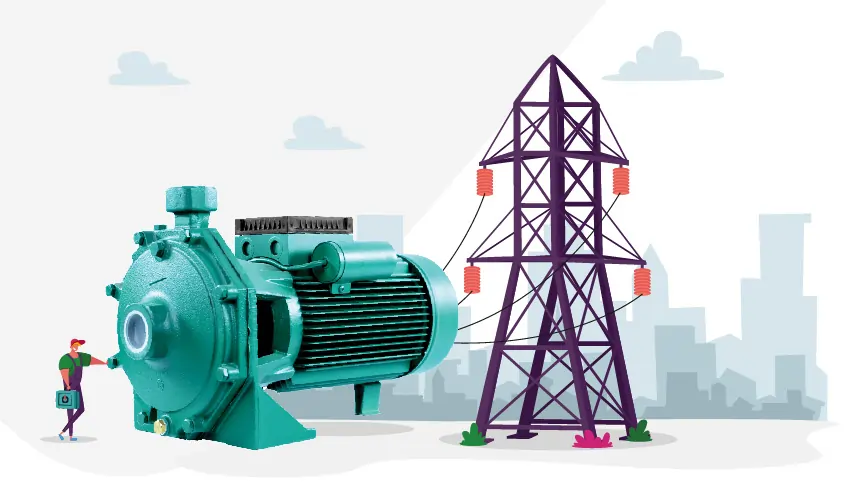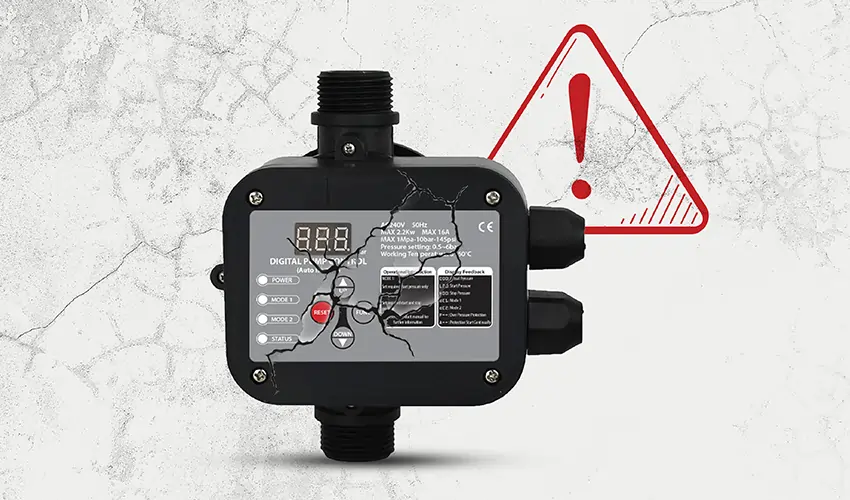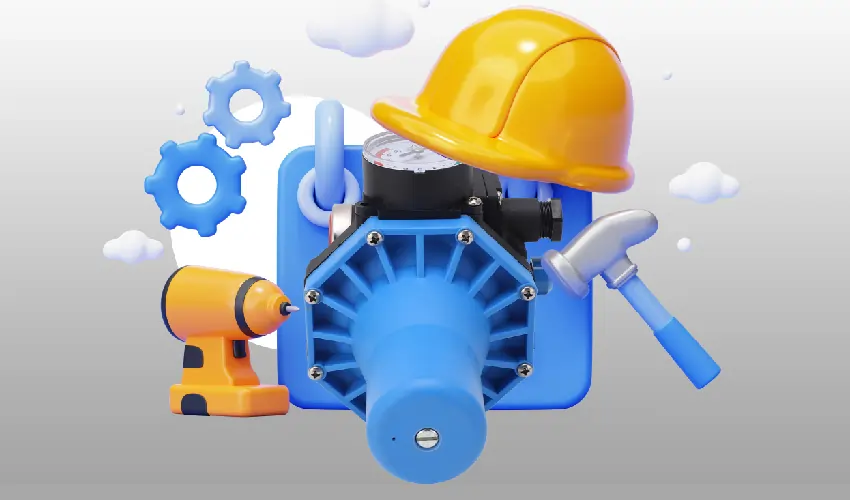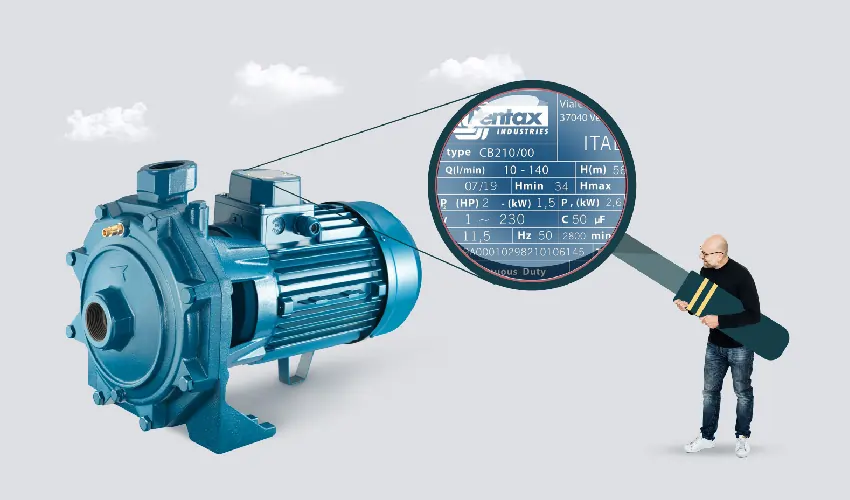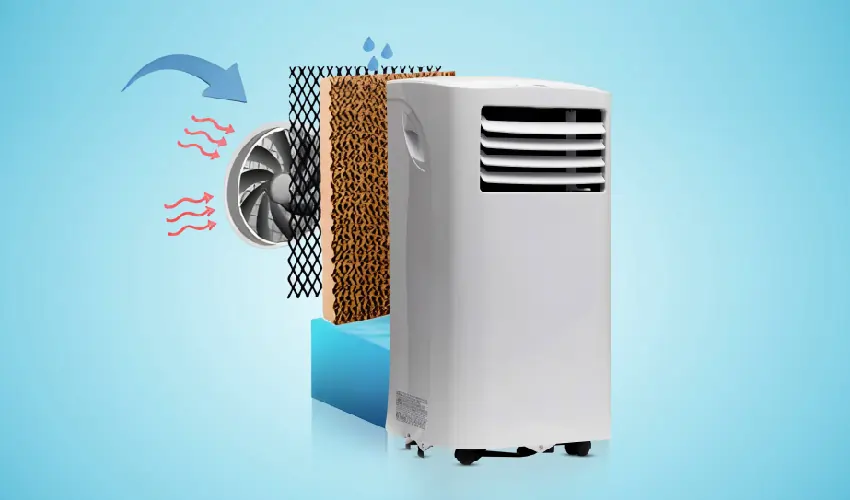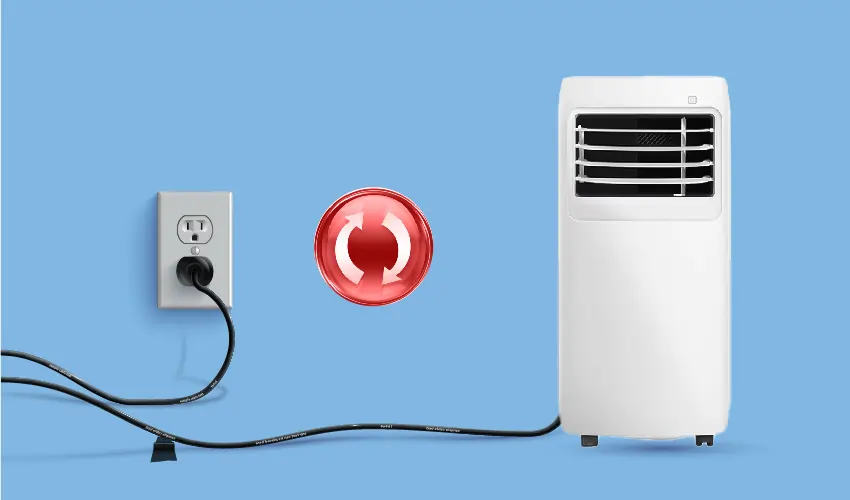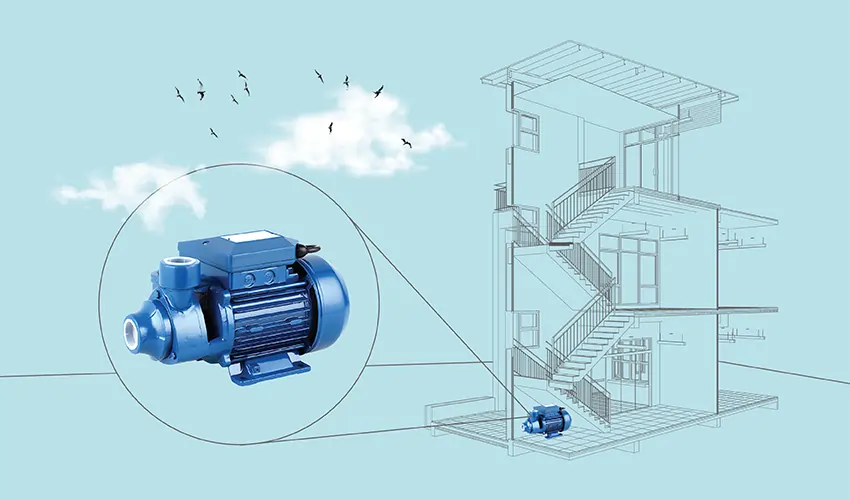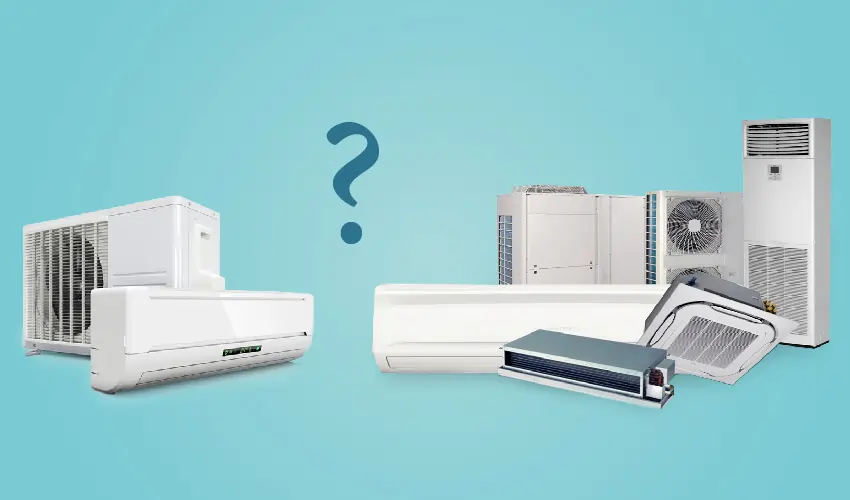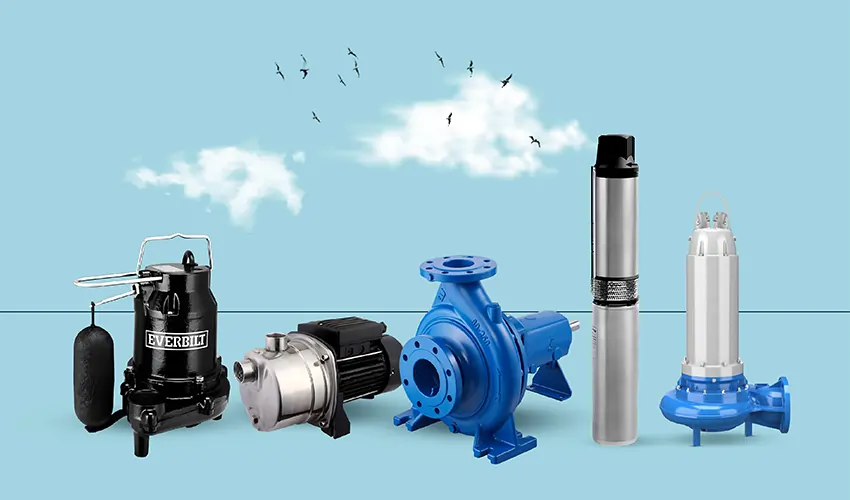The Lifespan of Your Portable Diesel Generator
In this blog post, we will explore how long do portable diesel generators last, offering insights and practical tips to help you maximize the efficiency and durability of your investment.
What are the Common Types of Generators?
There are several common types of generators, each with its own advantages and applications:
- Portable Generators: These compact generators are fueled by gasoline, propane, or solar energy. They’re ideal for camping, emergency use, and powering small appliances. However, they sacrifice power production for mobility and affordability.
- Inverter Generators: Inverter generators produce stable, clean energy suitable for sensitive electronics like phones and laptops. They’re available as whole-home generators or portable units.
- Standby Generators: Also known as “emergency power systems” or “backup generators,” these run automatically during power outages. They’re permanently installed and often use natural gas or propane as fuel.
- Diesel Generators: These generators run on diesel fuel and are commonly used in industrial settings or as backup power sources.
- Gasoline Generators: Gasoline-powered generators are versatile and widely available. They’re commonly used for outdoor activities and emergencies.
- Natural Gas Generators: These generators use natural gas as their fuel source. They’re efficient and suitable for continuous use.
- Hydrogen Generators: Hydrogen generators produce electricity using hydrogen fuel cells. They’re environmentally friendly but less common.
- Solar Generators: Solar generators harness energy from the sun using photovoltaic panels. They’re great for off-grid living and eco-conscious users.
How Long is the Lifespan of a Portable Diesel Generator?
The diesel portable generators lifespan is highly variable and depends on several factors: General Lifespan Estimates:
- With proper maintenance: 10-15 years or more is achievable for a high-quality generator.
- Without proper maintenance: 5-10 years is a more realistic expectation.
Specific Components and their Lifespans:
- Engine: 10,000-20,000 hours of operation is typical for a well-maintained diesel engine.
- Alternator: Lifespan is usually tied to the engine, but can be affected by load and operating conditions.
- Fuel System: Fuel lines, filters, and injectors can wear out over time, but proper maintenance can extend their lifespan.
Factors affecting the lifespan of a diesel generator
The lifespan of a diesel generator is influenced by a variety of factors, ranging from operational practices to environmental conditions. Understanding these factors can help in maintaining the generator for optimal performance and longevity. The affecting factors include:
1. Maintenance Practices
- Routine Maintenance: Regular maintenance, including oil changes, air filter replacements, and fuel filter changes, is essential. Following the manufacturer’s maintenance schedule can prevent premature wear and tear.
- Inspection and Monitoring: Regular inspection of components like the radiator, battery, and exhaust system helps identify issues before they escalate.
2. Load Management
- Load Levels: Operating a generator under the recommended load range (typically 70%-80% of the rated capacity) can extend its life. Running at full load or very low load can cause issues.
- Load Fluctuations: Frequent or severe load changes can strain the generator. A stable load is better for longevity.
3. Operational Conditions
- Running Time: Prolonged operation without breaks can lead to overheating and excessive wear. Scheduled downtime is important.
- Startup and Shutdown Procedures: Properly warming up and cooling down the generator helps reduce stress on the engine components.
4. Environmental Factors
- Temperature: Extreme temperatures, both hot and cold, can impact the generator’s performance and lifespan. Adequate ventilation and temperature regulation are crucial.
- Humidity and Corrosion: High humidity can lead to rust and corrosion. A dry, clean environment helps protect the generator.
- Dust and Debris: Dust and debris can clog filters and cooling systems. Regular cleaning and proper enclosure can mitigate these issues.
5. Fuel Quality Fuel Cleanliness: Dirty or contaminated fuel can cause damage to the engine and fuel system. Use high-quality, clean diesel fuel.
- Fuel Storage: Proper storage conditions prevent fuel contamination and degradation. Ensure fuel is stored in clean, dry containers.
6. Lubrication
- Oil Quality: Using the correct type of engine oil and maintaining appropriate oil levels are essential for lubrication and engine protection.
- Oil Change Intervals: Adhering to oil change intervals helps prevent engine damage and maintains performance.
7. Cooling System Maintenance
- Coolant Levels: Ensure the coolant is at the correct level and of the correct type to prevent overheating.
- Radiator Condition: Regularly check the radiator for blockages, leaks, and corrosion.
8. Electrical System
- Battery Maintenance: Regularly check the battery condition, charge, and connections to ensure reliable starting and operation.
- Wiring and Connections: Inspect wiring for damage or corrosion and ensure all connections are secure.
9. Engine Load Management
- • Avoid Overloading: Consistently operating at or near maximum capacity can reduce the generator’s lifespan.
- Avoid Underloading: Operating below 30% of the generator’s capacity can lead to incomplete combustion and accumulation of carbon deposits.
10. Component Quality
- Genuine Parts: Use manufacturer-approved or high-quality replacement parts for repairs and maintenance.
- System Design: The overall design of the generator, including the quality of components used, affects its durability.
11. Usage Patterns
- Operational Hours: High operational hours can lead to more frequent maintenance needs and eventual component wear.
- Load Types: Continuous or fluctuating loads can affect performance and lifespan. Steady, moderate loads are preferable.
Can the Lifetime of Diesel Generators Be Increased?
The lifetime of diesel generators can definitely be increased through proper maintenance and usage practices.
Here’s how:
1. Regular Maintenance:
- Oil Changes: Following the manufacturer’s recommended oil change intervals is crucial. Dirty oil can cause engine wear and damage.
- Filter Replacements: Air, fuel, and oil filters should be replaced regularly to prevent contaminants from entering the engine.
- Coolant Checks: Ensure the coolant level is adequate and the coolant itself is in good condition.
- Inspection and Cleaning: Regularly inspect the generator for any signs of wear, leaks, or corrosion. Clean the generator to remove dust and debris.
2. Proper Usage:
- Load Management: Avoid overloading the generator, as this can stress the engine and alternator.
- Fuel Quality: Use clean, high-quality diesel fuel to prevent clogging and damage to the fuel system.
- Operating Environment: Protect the generator from extreme temperatures, moisture, and dust.
- Proper Shutdown: Allow the generator to cool down before shutting it off, especially after heavy use.
3. Additional Measures:
- Generator Enclosure: A weatherproof enclosure can protect the generator from the elements and extend its lifespan.
- Fuel Additives: Fuel additives can help clean the fuel system and prevent corrosion.
- Professional Servicing: Consider having the generator professionally serviced at regular intervals to ensure optimal performance and longevity.
The Points that We Should Pay Attention to in the Maintenance of the Diesel Generator
Proper maintenance of a diesel generator is crucial to ensure reliable performance and longevity.
Here are some essential tips for diesel generator maintenance:
1. Routine General Inspection:
- Regularly inspect the exhaust system, fuel system, DC electrical system, and engine for any leaks that could pose safety risks.
- Change the oil every 500 hours of operation (or as recommended by the manufacturer) to ensure a trouble-free life.
- Inspect alternators, controllers, AVR, sensors, wiring, and harnesses for integrity.
2. Lubrication Service:
- Check the engine oil using a dipstick at regular intervals.
- Follow the engine manufacturer’s recommendations for oil grade and viscosity.
- Replace oil and filters as needed.
3. Fuel Maintenance:
- Regularly check for leaks in the fuel system.
- Monitor fuel freshness to prevent stale fuel, which can clog the carburetor.
- Empty the gas tank if storing the generator for an extended period.
4. Test Runs:
- Periodically run the generator to check its power output and overall functionality.
- Recommendations for test frequency vary from weekly to yearly
The lifespan of a diesel generator is influenced by a complex interplay of factors, including diligent maintenance practices, optimal load management, favorable environmental conditions, and high-quality fuel and lubrication. Ensuring proper installation, regular inspections, and adherence to manufacturer guidelines further contribute to the generator’s durability.

